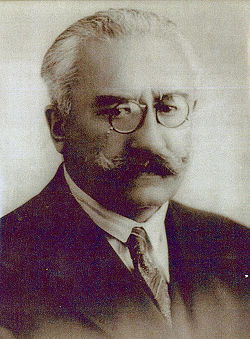
The fourth cabinet of Alexandru Vaida-Voevod was the government of Romania from 14 January to 13 November 1933.

The fourth cabinet of Alexandru Vaida-Voevod was the government of Romania from 14 January to 13 November 1933.
The ministers of the cabinet were as follows: [1]